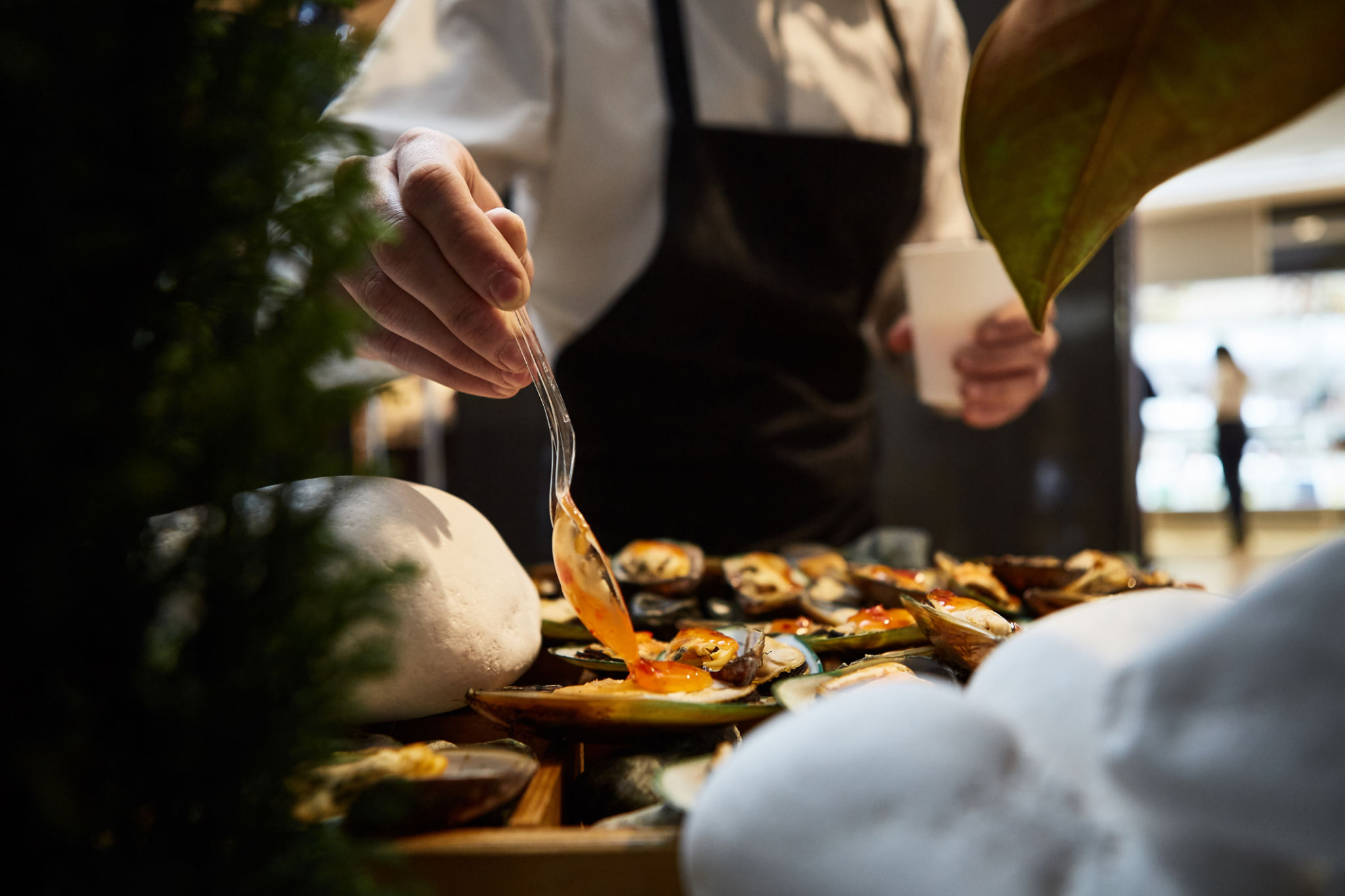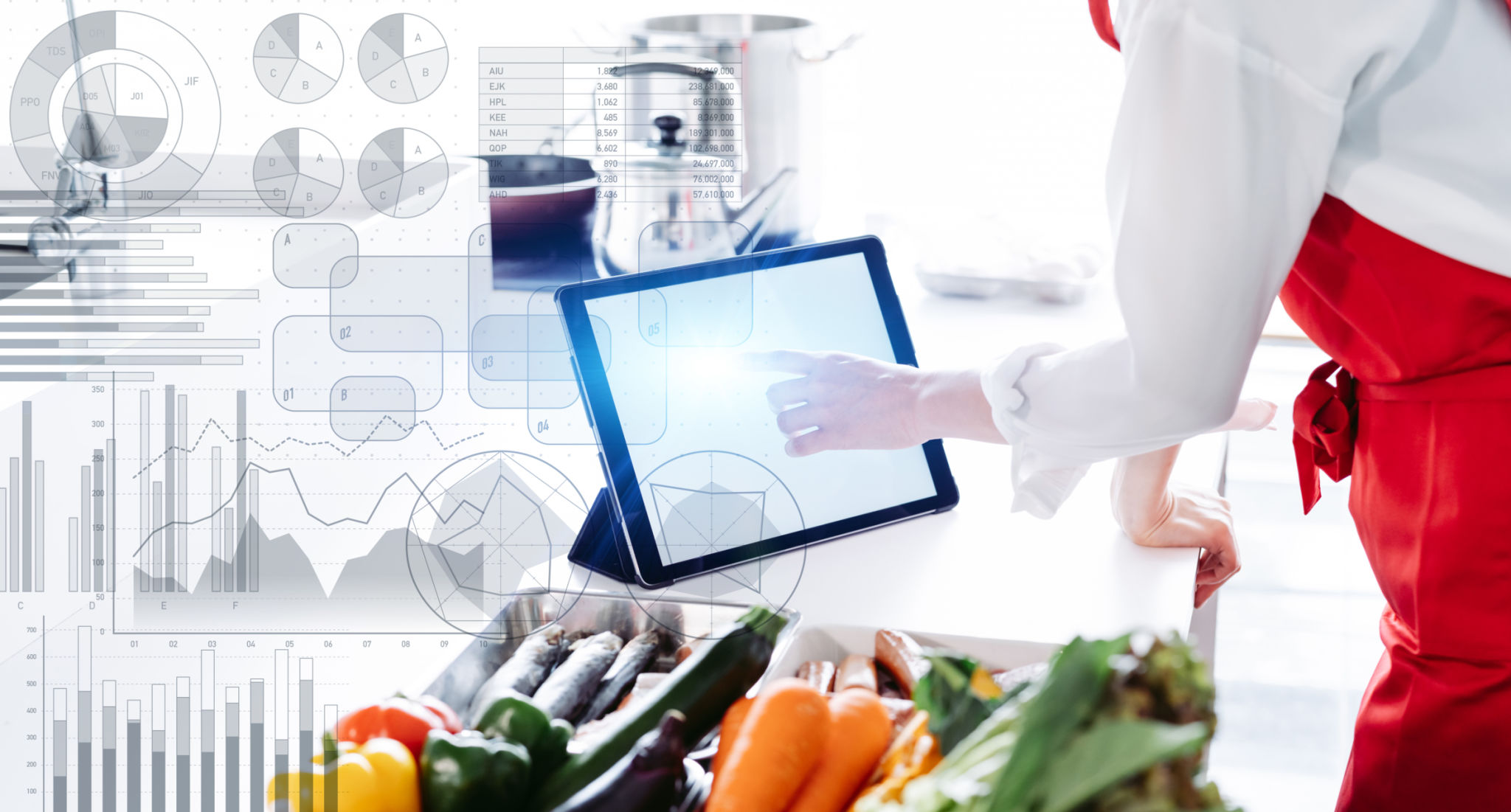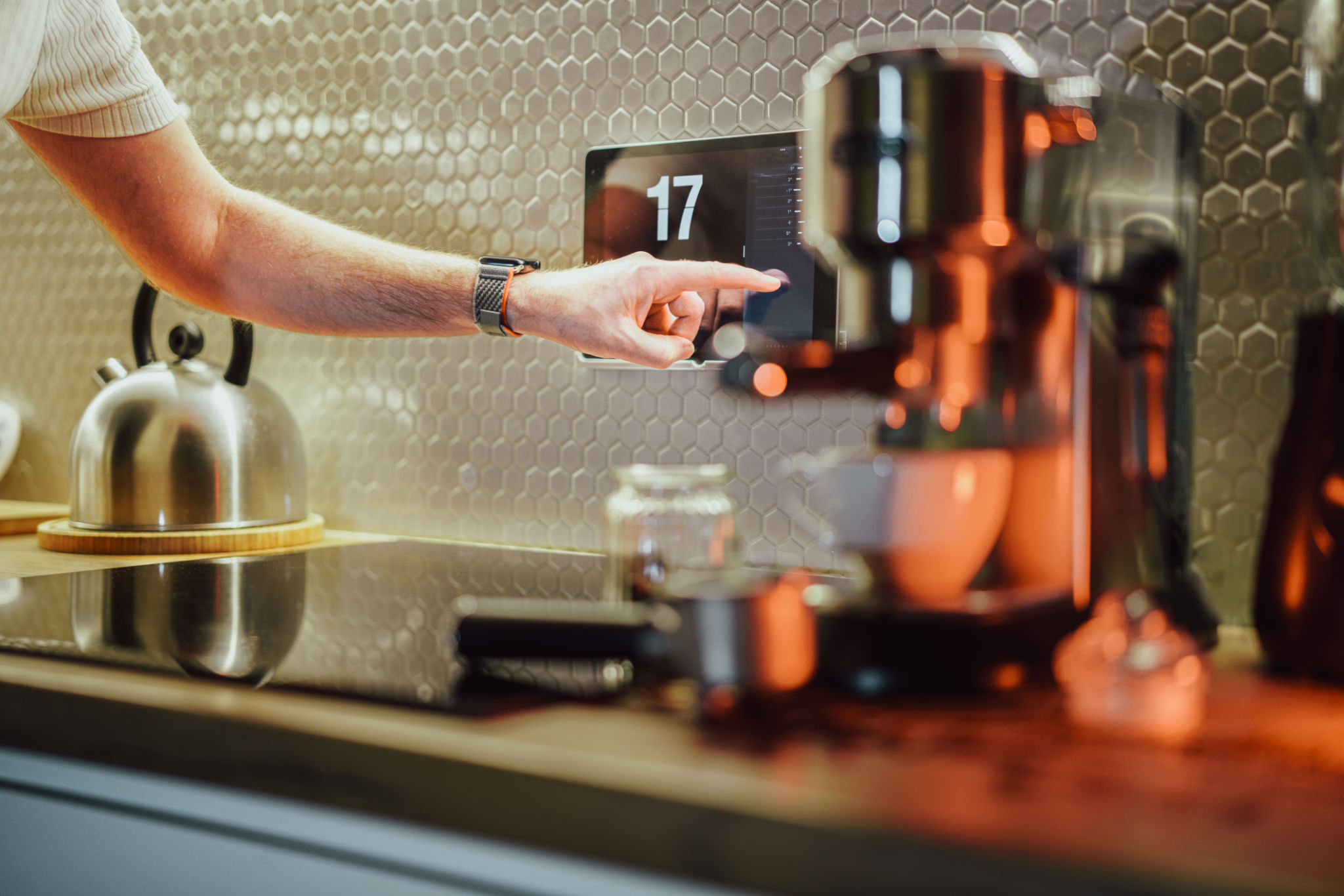Comparing Traditional and AI-Enhanced Cooking: Pros and Cons
MC
Understanding Traditional Cooking
Traditional cooking refers to methods and practices that have been handed down through generations. It involves using time-tested techniques and recipes that bring out the authentic flavors of ingredients. From simmering stews over a wood fire to kneading dough by hand, traditional cooking is as much about the process as it is about the end result.
The charm of traditional cooking lies in its ability to connect us with our cultural roots. It requires patience and skill, allowing individuals to hone their culinary expertise through practice. This hands-on approach often results in dishes that are rich in flavor and steeped in history.

Embracing AI-Enhanced Cooking
In contrast, AI-enhanced cooking leverages modern technology to streamline and innovate the culinary process. AI tools can assist with meal planning, recipe suggestions, and even cooking itself, making the kitchen a more efficient space. Smart appliances and apps can adjust cooking times, temperatures, and ingredient combinations based on user preferences.
One of the key benefits of AI-enhanced cooking is its ability to personalize the cooking experience. By analyzing dietary needs and flavor profiles, AI can help create customized meals that cater to individual tastes and nutritional requirements. This level of personalization is difficult to achieve through traditional methods alone.

Pros of Traditional Cooking
- Cultural Connection: Traditional methods offer a deep connection to cultural heritage and family traditions.
- Flavor Depth: The slow, deliberate processes often result in richer and more complex flavors.
- Skill Development: It encourages the development of culinary skills through practice and experimentation.
Cons of Traditional Cooking
While traditional cooking has its merits, it also comes with certain drawbacks. It can be time-consuming, requiring a significant investment of effort and patience. Additionally, traditional recipes may not always cater to modern dietary needs, such as gluten-free or vegan preferences, without significant modifications.

Pros of AI-Enhanced Cooking
- Efficiency: AI tools can significantly reduce cooking times and simplify complex processes.
- Personalization: Offers tailored meal suggestions based on dietary preferences and health goals.
- Innovation: Encourages creative experimentation with new recipes and techniques.
Cons of AI-Enhanced Cooking
Despite its advantages, AI-enhanced cooking is not without its challenges. It can sometimes lack the personal touch that traditional methods provide. Additionally, reliance on technology may limit the development of hands-on culinary skills. Furthermore, there is a learning curve associated with using new technology, which might not appeal to everyone.

Finding a Balance
The key to modern culinary success may lie in blending the best elements of both traditional and AI-enhanced cooking. By embracing technology where it adds value and holding onto traditional techniques where they shine, home cooks can create a versatile and rewarding kitchen environment.
Ultimately, whether you choose the rustic appeal of traditional methods or the sleek efficiency of AI-enhanced cooking, the goal remains the same: to enjoy delicious meals that satisfy both the palate and the soul.
